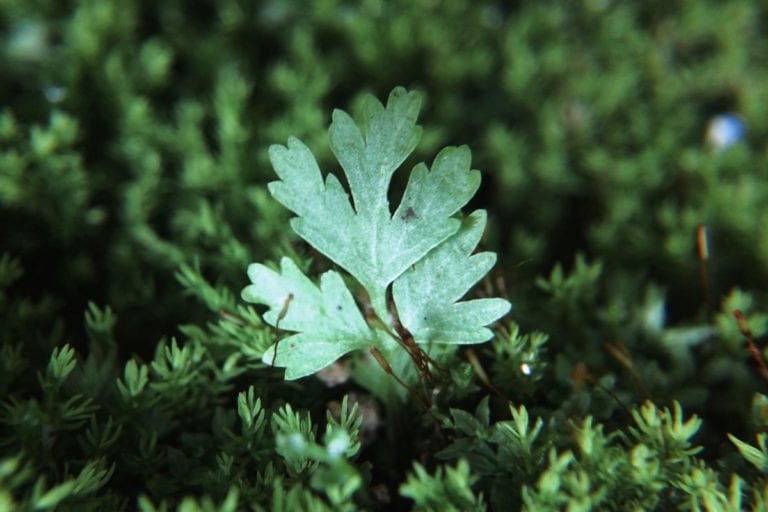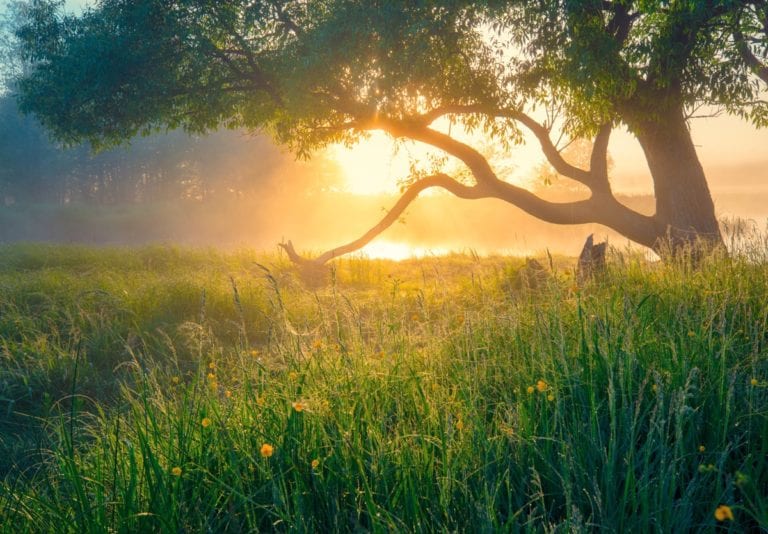Similar Posts

785th Week: Cultivating A Sense of “Earth Kin”
Walking across Central Park on the morning I go to my office to water plants and pick up mail, I was struck—as I always am—by the return of the green. All over the park, many trees are putting out leaves, others are laden with beautiful flowers, bushes are filling out with their green garb. The main feeling of it all is an expression of the abundant presence of life, of the intelligence and vibrant expression of Nature’s intelligence and creativity.
As I took in the beauty all around me, I was reminded, powerfully, that this beautiful planet doesn’t need us, but we cannot survive without its gifts. We and all our earth kin are part of a complex ecology that many of us have studied for years and yet, collectively, many of our human kin somehow haven’t taken in or taken seriously this fact of our planetary life. With Covid-19 now a painful and challenging reality, and with the worldwide halt in our usual activities, we vividly see the impact we have had on our environment. Skies have cleared. Mountains hidden from view for decades now stand out clearly in the landscape. Waterways are clearing and wildlife is returning to areas previously avoided because of human activity. Even as we see how resilient and stunningly responsive the planet is when we stop polluting as we have been doing for so long now, I find myself wondering how many of us will remember this and commit to finding new ways to go forward.
Read More “785th Week: Cultivating A Sense of “Earth Kin””
December Audio Meditation
Here’s this month’s audio guided meditation:
If you would like to see the audio meditation with nature photographs, here’s the link to the youtube version:

747th Week: Embodying Kindness
As I write this practice, I’m at a professional training outside New York City. The trainings are held in a hotel where we have been many times and it recently changed management. What many of us experienced as we arrived for this training was a noticeable difference in the “feel” of the hotel, a noticeable change in how we were met by the front desk, and a noticeable change in the quality of service we have encountered along the way.
At this training, my job is to manage the assisting team, as well as deal with participants who have questions or issues about the team. Each morning, we have a team meeting and take time to connect, settle in, and clear up any problems, questions, or issues that may have arisen during the prior day. One of the things I do as part of our team meeting is to take time for all of us to connect to our individual core presence and internal steadiness and, then, to connect with our collective team presence and steadiness. Our keynote is kindness, and I invite all of us to embody that particular quality as we move through the training days. Our job is to offer supportive containment as well as teaching input.
One of the things I’ve asked the team to keep in mind is to extend that kindness to the hotel building and all its employees. I ask this because we inevitably radiate into our environment the qualities that we carry with us as we move through the world. I can imagine that the employees and building receive a good bit of negative input, given the ways in which the place has changed, and I want to ensure that we don’t add to a collective quality of dissatisfaction, annoyance, and other activating feelings that the changes tend to elicit.
Read More “747th Week: Embodying Kindness”
752nd Week: Cultivating Flexibility
Over recent months, I have found myself painfully aware of everything I throw in the trash in the course of my everyday life. Being a long-time recycler, I’ve always been mindful of my use of paper, bottles, cans, and other recyclables. Lately, I’ve been aware of all the plastic that lands in my trashcan, with new additions just about every day. About a year ago, I started shopping with canvas bags and stopped using small plastic bags for produce at the grocery store. While these steps won’t save the planet, they do cut down on the amount of plastic that moves through and from my home.
This deepened awareness of plastic, and all the photos we now see of what plastics are doing to the inhabitants of our oceans and other waterways, got me to thinking about the natural capacity we humans have to generate options when confronted by circumstances that demand change.
Confronted as we are by mounting evidence that our current lifestyle cannot continue unchanged, I got to thinking about the importance of our innate curiosity, flexibility, and ability to generate options when circumstances require change. Drawing on these skills as part of everyday living is like engaging in exercise each day. It builds a kind of “psychological muscle” that allows curiosity, flexibility, and an ability to generate options to become more readily and spontaneously available as part of how we engage the world around us.
Read More “752nd Week: Cultivating Flexibility”